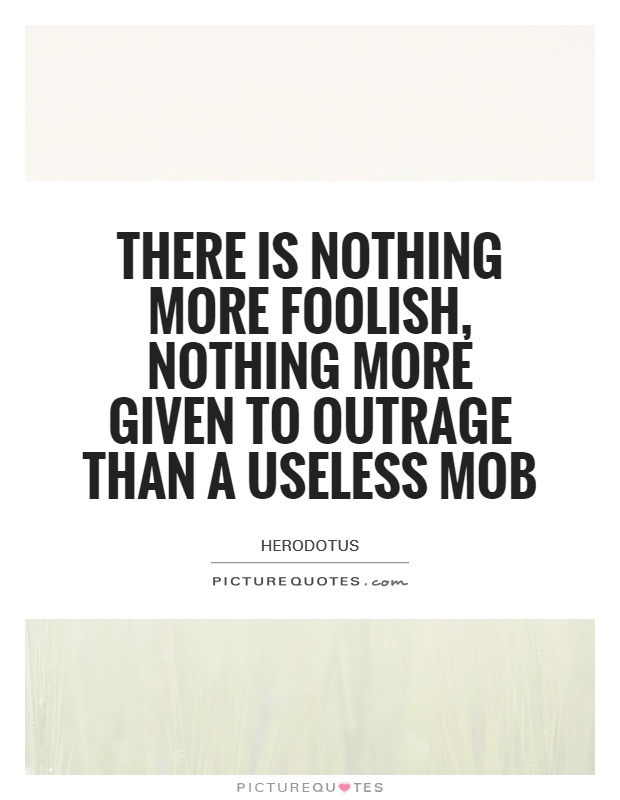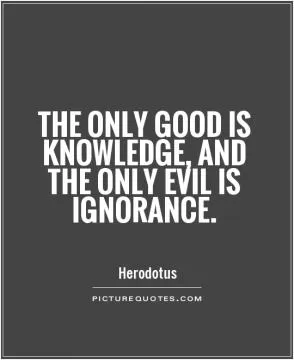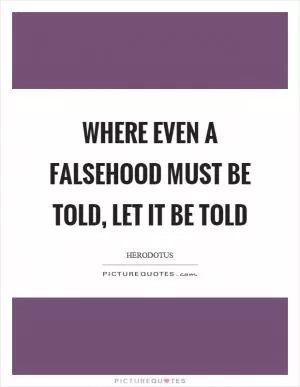There is nothing more foolish, nothing more given to outrage than a useless mob

There is nothing more foolish, nothing more given to outrage than a useless mob
In the writings of Herodotus, the Greek historian often delves into the complexities of human behavior and the consequences of mob mentality. One of the recurring themes in his works is the idea that there is nothing more foolish, nothing more given to outrage than a useless mob.Herodotus lived during a time of great political upheaval and social unrest in ancient Greece. He witnessed firsthand the destructive power of mobs and the havoc they could wreak on society. In his writings, he often highlights the dangers of unchecked mob mentality and the irrational behavior that can result from it.
One of the most famous examples of this is the story of the Athenian mob that killed the philosopher Socrates. Socrates was accused of corrupting the youth and disrespecting the gods, and a mob of angry citizens gathered to demand his execution. Despite Socrates' attempts to defend himself and reason with the crowd, the mob's outrage and bloodlust ultimately prevailed, leading to his unjust death.
Herodotus uses this story to illustrate the destructive power of mob mentality and the dangers of allowing emotions to override reason. He argues that mobs are easily swayed by passion and can be manipulated by demagogues who seek to exploit their anger and fear for their own gain.












 Friendship Quotes
Friendship Quotes Love Quotes
Love Quotes Life Quotes
Life Quotes Funny Quotes
Funny Quotes Motivational Quotes
Motivational Quotes Inspirational Quotes
Inspirational Quotes